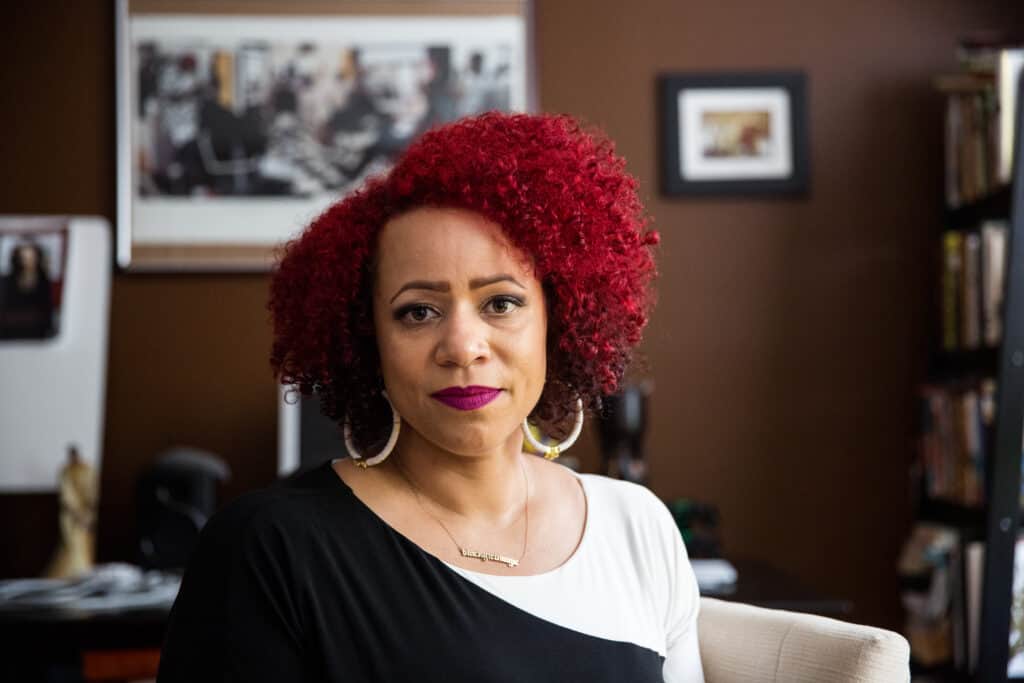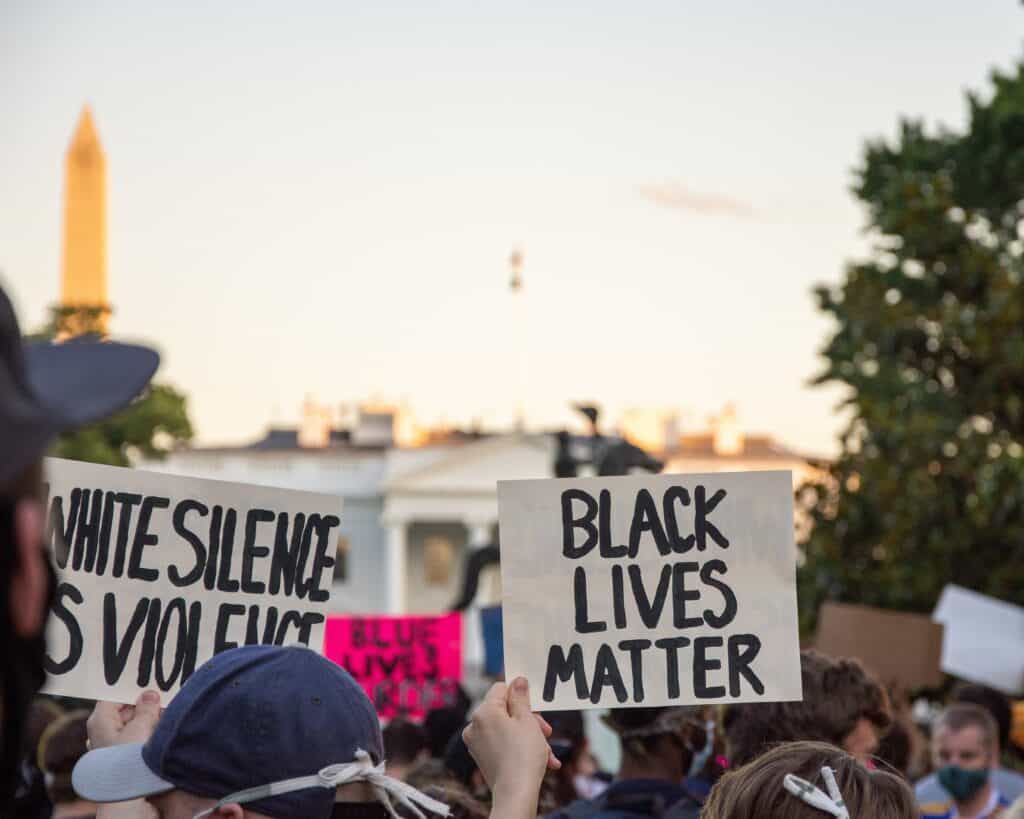What is owed to Black Americans for slavery, racial violence, segregation and the denial of rights and resources? Unfortunately, that’s a conversation White Americans largely won’t entertain. A Reuters/Ipsos poll earlier this year found only one in five respondents agreed the United States should use “taxpayer money to pay damages to descendants of enslaved people in the United States.”
In a July 2020 webcast for NCRC, journalist Nikole Hannah-Jones, creator of the New York Times Magazine’s 1619 Project, provided a definition for reparations: “A form of economic restitution for harms that were done.” A generative enough definition on its face, but that was only the answer to what. She also specified from whom and to whom.
“Reparations are a societal debt, and therefore they are paid by society — they are paid by the federal government which fashioned slavery in the Constitution, which helped enforce the laws of slavery in the Fugitive Slave Act, which institutionalized slavery as well as the 100 years of racial segregation,” Hannah-Jones said. This debt should be repaid to Black people who can trace at least one ancestor back to American slavery, she said, citing Duke Professor William Darrity for this final part of the definition.

Hannah-Jones and her 1619 coauthors connect current Black-White economic disparities to government imposed slavery, police-sanctioned racial violence, and financial, housing, education and health discrimination. These American institutions, historically and currently led largely by White elites, conjured purposeful, calculated policies that allowed White Americans the ability to exercise their Constitutional rights but prevented Black Americans from doing the same.
“In the end, wealth is freedom, and I don’t mean that in a capitalist way … it is the freedom to, if you need to go to the doctor, you can go to the doctor,” Hannah-Jones said. “You can have legal rights, but if you don’t have money in this country, you cannot exercise those rights … We have used the lack of wealth of Black Americans to actually maintain our racial caste system.”
Ultimately, the key tools to sift out “worthy” and “unworthy” Americans, after legal discrimination was outlawed in the 1960s, have been economic assets, particularly wealth. “The capital to make investments,” she said.
It follows then that reparations are not a hand out for Black Americans who have chosen to be poor, have higher mortality rates, lower educational outcomes and more extensive criminal records because these weren’t choices at all. They were socially constructed over generations of public policy and reinforced by the facilitation of discriminatory private choices, such as how redlining practices from the 1930s correlate with health disparities for low-income and minority populations today.
“Reparations doesn’t say White people haven’t worked hard and White people haven’t struggled, [but] you grew up in a country that has been working for your success, not against it,” Hannah-Jones said.
Although our governing institutions today, and for the past 50 years, have not been legally allowed to discriminate, the history of this country and its former, fully legal mistreatment of Black Americans is weighted in favor of continuing disparities (approximately 86% of Black Americans’ time on this continent was spent legally classified as second class citizens). “Apartheid” is how Hannah-Jones frames it.
If America wants to move past the self-inflicted pain it sowed through slavery in its heartland, it must face the reality that will allow it to directly do so: that White supremacy is still evident in almost all major economic outcomes. Unfortunately, White Americans’ discomfort with that reality induces an inability to atone for the fundamentally American roots of Black and Native American apartheid on this continent.
Maxim Applegate is a communications and development intern at NCRC.
Featured photo by Koshu Kunii on Unsplash



